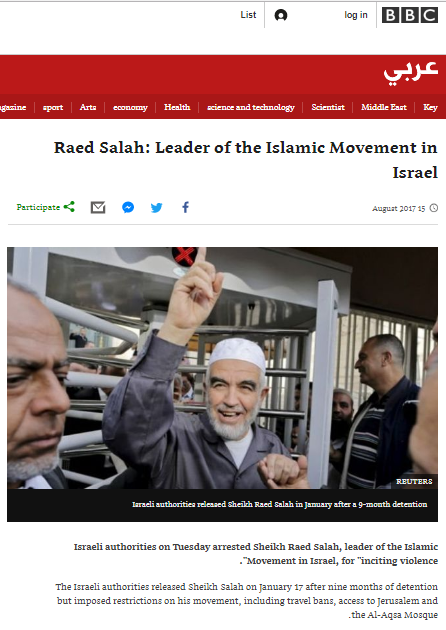1) At the Jerusalem Post, Khaled Abu Toameh analyses ‘Why the PA scrapped the initial vaccine deal with Israel’.
“The vaccine agreement with Israel was supposed to boost the PA’s already tarnished reputation and show that it is doing its utmost to provide the doses to the Palestinians.
The PA was hoping that the vaccines would reduce the number of coronavirus infections in the West Bank and Gaza Strip, help the Palestinians return to normal life and improve the Palestinian economy, thus bolstering the standing of Abbas and the PA leadership in the eyes of the public.
But the botched deal has turned out to be one of the worst PR disasters for the PA, whose leaders are currently working to limit the damage and prevent their critics and political rivals from cashing in on the “scandal.””
2) Orde Kittrie proposes ‘Hold Hamas Accountable for Human-Shields Use During the May 2021 Gaza War’ at the FDD.
“During the May 2021 Gaza conflict, several outside observers reported publicly on Hamas’ use of civilians as human shields for its weapons and fighters. The Associated Press found that “Palestinian fighters are clearly operating in built-up residential areas and have positioned tunnels, rocket launchers and command and control infrastructure in close proximity to schools, mosques and homes.” Each rocket launched at Israeli civilians from such sites entails two separate war crimes, violating the law of armed conflict’s prohibition on targeting civilians as well as the prohibition on using civilians as human shields. The Office of the United Nations Special Commissioner for the Middle East Peace Process likewise said: “Hamas & other militants’ indiscriminate launching of rockets & mortars from highly populated civilian neighborhoods into civilian population centers in Israel violates [the law of armed conflict] and must cease immediately.””
3) At the BESA Center Yaakov Lappin explains why ‘Challenges to Gaza Ceasefire Are Arising Quickly’.
“When Hamas fired seven rockets at Jerusalem and southern Israel on May 10, it did so because it spotted a golden opportunity to outmaneuver its rival, the Fatah-run Palestinian Authority, and market itself as the authentic defender of Jerusalem and the Al-Aqsa Mosque. But it also did so because its force build-up program had reached new milestones, and Hamas’s diverse arsenal of rockets made its leadership confident and prepared to take risks.
All the risks Hamas took in recent weeks were designed to serve a wider strategic objective: the eventual takeover by Hamas of the West Bank. This goal is driven by Hamas’s ideological determination to surround Israel with rocket bases and terror squads from two sides and stamp out competition from non-Islamist Palestinian rivals in the process.”
4) The INSS examines “whether a path has been paved for an enduring civic and political Jewish-Arab partnership”.
“Mansour Abbas’s practical approach matched his membership in the Islamic Movement, emphasizing from the outset religious and social aspects over nationalist goals. Accordingly, Ra’am chose to participate openly in coalition negotiations centered on a civic agenda, take advantage of the opportunity to serve as a kingmaker, and ultimately, for the first time, join a government coalition, thus sharing in the collective responsibility for government decisions.
These developments within Israel’s Arab society and its political leadership reflect a growing realism that transcends ideological considerations. For the most part, the Arab public has demonstrated its interest in promoting its integration into Israeli society in all walks of life. It gave the green light to its Knesset representatives to abandon the political opposition and join the state’s leadership. Arab parties are aware of these trends in Arab society, but they have so far failed to adopt an agreed-upon stance toward political cooperation with Jewish parties based on adopting a civic agenda while postponing the discussion of national issues. They found themselves in a crisis that led to a split and a significant reduction in their parliamentary strength (a drop from 15 seats to 10).”
5) NGO Monitor’s recent event discussing “the enduring influence of the original Durban conference and NGO campaign to delegitimize Israel” is available for view here.
“In September 2001, thousands of non-governmental organizations (NGOs) gathered at the NGO Forum of the UN World Conference against Racism in Durban, South Africa. As part of the virulently antisemitic proceedings, NGOs launched a strategy of isolating Israel through boycotts, legal attacks, and accusations of “apartheid.”
This strategy continues to be used throughout the world to spread antisemitism disguised as anti-Zionism.
Recognizing this shameful legacy, the United States, Canada, Australia and the UK have announced they will not participate in the upcoming Durban IV conference in September.”






In the UK, the LibDem’s official party “policy” is “to support the Two State Solution”. They are so naive that they fail to recognise the fact that, to Hamas, the 2SS is simply an opportunity to pound Israel with more rockets. Only the Good Lord can help us from such wokes.